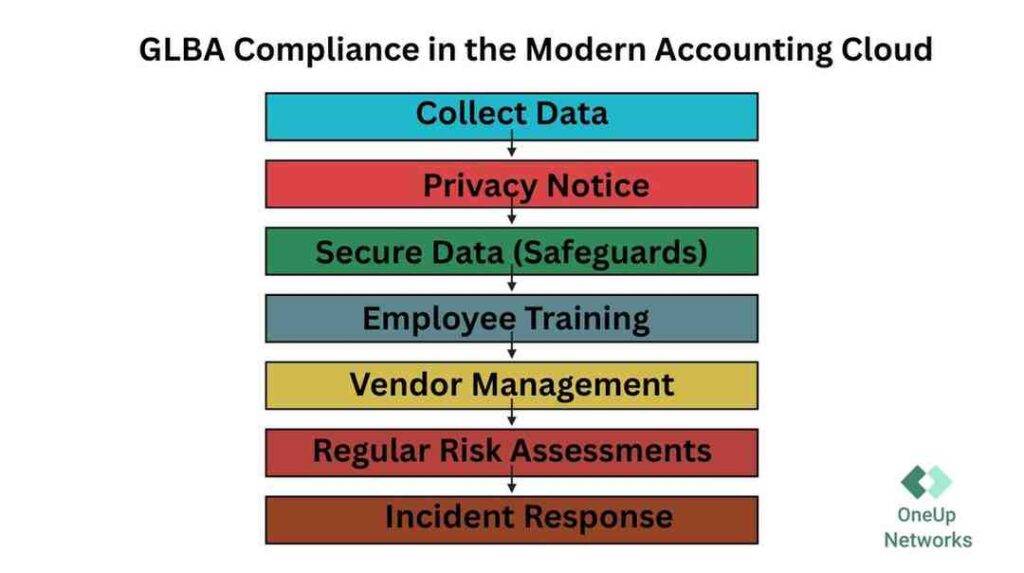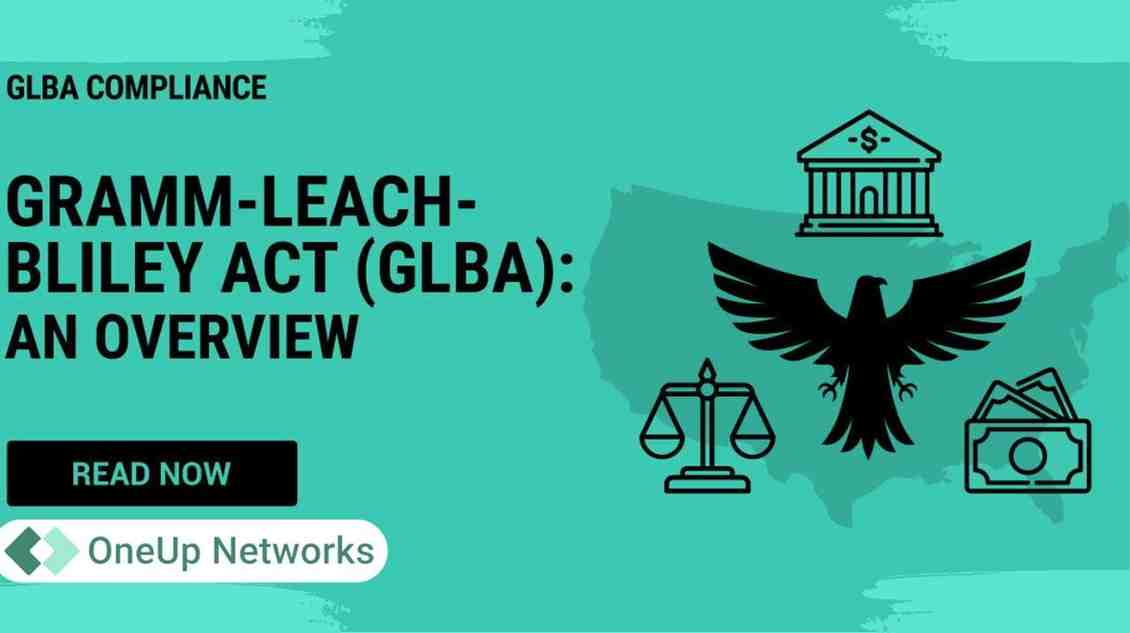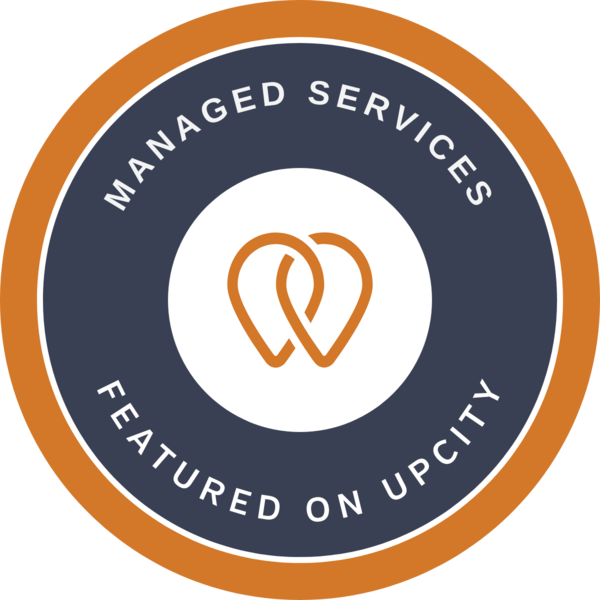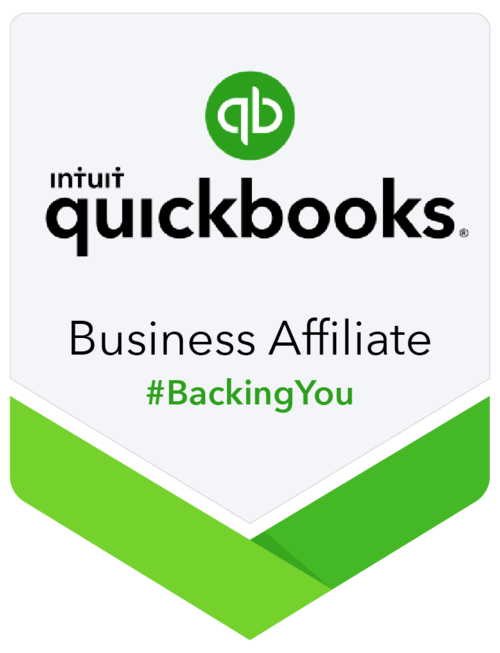In today’s digital era, protecting sensitive financial data isn’t just a technical responsibility—it’s a fundamental requirement for every finance and accounting firm. As threats evolve and cybercriminals target the financial sector at record rates, compliance with the Gramm-Leach-Bliley Act (GLBA) has become the gold standard for data privacy and security in the industry. This guide breaks down GLBA compliance, translating complex legal requirements into actionable steps every accounting and finance professional can follow—empowering you to keep your clients’ information secure and your business future-proof.
Table of contents
- Why GLBA Matters to the Finance and Accounting Sector
- What is the GLBA (Gramm-Leach-Bliley Act)?
- Key Terms and Definitions
- What Does GLBA Compliance Require?
- Who Needs to Comply with GLBA?
- GLBA Compliance Checklist
- GLBA vs. Other Financial Data Privacy Regulations
- What Happens If You Don’t Comply?
- Examples of GLBA in Action
- Impact of GLBA: By the Numbers
- GLBA Compliance Tips
- FAQ About GLBA Compliance
- Conclusion
Why GLBA Matters to the Finance and Accounting Sector
The Gramm-Leach-Bliley Act (GLBA)—also known as the Financial Services Modernization Act of 1999—is a landmark U.S. federal law. It reshaped the banking landscape, but its most vital impact today is on how financial institutions, accounting firms, and finance providers protect client information. If your organization stores or processes non-public financial data, GLBA compliance isn’t just a best practice—it’s the law. With over 2,260 data breaches impacting 232 million financial records since 2018, the stakes are sky-high for compliance and customer trust.
What is the GLBA (Gramm-Leach-Bliley Act)?
The GLBA is a U.S. law that requires financial institutions to explain their data-sharing practices and secure customers’ private information with technical, administrative, and physical safeguards. Enacted in 1999, its goals are to:
- Protect consumers’ non-public personal information (NPI)
- Regulate how financial data can be shared
- Require a robust, documented information security program
GLBA compliance covers more than just banks: It includes any business “significantly engaged” in financial activities—banks, credit unions, mortgage brokers, loan servicers, insurers, investment advisors, tax preparers, and more. For accounting and finance pros, understanding these standards is absolutely crucial.
Key Terms and Definitions
What Does GLBA Compliance Require?
GLBA compliance falls into three core areas:
1. Privacy Rule: How Firms Communicate and Control Personal Data
- Provide “clear and conspicuous” privacy notices at the start of a customer relationship, and annually thereafter.
- Disclose what data you collect, how it’s used/shared, and who has access to it.
- Allow consumers to “opt out” of sharing information with non-affiliated third parties.
- Maintain records of privacy notices and opt-out requests.
2. Safeguards Rule: Data Security Program Essentials
- Develop and maintain a comprehensive information security program.
- Appoint a Qualified Individual to oversee security.
- Conduct regular, thorough risk assessments.
- Implement administrative, technical, and physical safeguards—like access controls, encryption, MFA, and vulnerability scans.
- Train staff and monitor activity.
- Regularly test systems (annual penetration testing and semi-annual vulnerability assessments are now required as of June 2023).
3. Pretexting Protection
- Prohibit attempts to access data under false pretenses.
- Employees must be trained to detect and prevent social engineering/reconnaissance attempts.
Who Needs to Comply with GLBA?
Any organization “significantly engaged” in financial services, regardless of size. Common examples:
- CPA and accounting firms handling tax filings
- Payroll processors and financial planners
- Mortgage brokers and finance companies
- Investment advisors, insurance firms, credit unions, and banks
- SaaS cloud vendors serving these industries when storing or processing covered client data
GLBA Compliance in the Modern Accounting Cloud: Visual Overview
Here’s a simple diagram showing the GLBA compliance lifecycle for a financial firm hosting data in the cloud:

GLBA Compliance Checklist
GLBA vs. Other Financial Data Privacy Regulations
What Happens If You Don’t Comply?
- The FTC, federal banking agencies, and state attorneys general enforce GLBA.
- Penalties can be severe: Up to $100,000 per violation for financial institutions, $10,000 for responsible officers, plus civil lawsuits.
- Non-compliance can trigger data breach investigations, brand damage, and even criminal charges.
- In 2023, the FTC fined multiple financial firms for failing to encrypt data and train employees, highlighting enforcement momentum—especially as cyber threats rise.
Examples of GLBA in Action
- Scenario 1: CPA Firm Cloud Hosting
A CPA firm uses a cloud provider to store 1040s, W-2 forms, and QuickBooks files. The provider must demonstrate strong encryption, access controls, and breach response plans to qualify as GLBA-compliant. - Scenario 2: Loan Processor
A mortgage broker collects SSNs and income data from new clients online. GLBA requires a privacy notice up front, opt-out procedures for sharing with 3rd parties, mandatory employee cybersecurity training, and detailed vendor reviews. - Scenario 3: Data Breach Response
In 2024, a payroll company failed to detect a phishing attack, leading to unauthorized access of 160,000 records. Regulators cited the firm for not performing annual risk assessments or updating their security plan, resulting in a $250,000 fine plus remediation.
Impact of GLBA: By the Numbers
- Over 232 million financial records breached since 2018 in the U.S. financial sector.
- Cybercrime costs in financial services reach $18.3 million per breach on average (Gartner 2023).
- 55% of consumers say they are more likely to switch financial providers if data protection is weak (Pew Research).
- GLBA compliance is a differentiator: Top-rated accounting firms use robust cloud security to win and retain major clients.
GLBA Compliance Tips
- Automate privacy notices and tracking of opt-outs for every client.
- Upgrade from traditional IT to secure cloud hosting—modern solutions make continuous security monitoring and access control much easier and more auditable.
- Require GLBA certification from all technology vendors before sharing NPI.
- Continually update your security program and incident response as threats evolve: Treat GLBA as an ongoing practice, not a one-time checklist.
- Invest in employee training against phishing and pretexting—social engineering remains the #1 cause of data breaches across financial services.
FAQ About GLBA Compliance
A: To require financial institutions to protect customer data privacy, inform customers how their data is shared, and implement effective cybersecurity safeguards.
A: Any business “significantly engaged” in providing financial products or services—accountants, tax preparers, banks, payroll providers, insurance companies, loan officers, and their cloud providers.
A: NPI is personally identifiable financial information not publicly available, such as SSNs, account info, income, and transaction details.
A: Legal penalties can be steep—up to $100,000 per infraction, and even more for willful neglect. Enforcement includes FTC investigations, federal audits, and civil lawsuits.
A: GLBA now requires annual penetration testing and vulnerability scans at least every 6 months for all systems storing or transmitting covered data.
Conclusion
GLBA compliance isn’t only a regulatory requirement—it’s a trust signal that today’s clients expect from every financial and accounting professional. By mastering the GLBA rules and continuously updating your security practices, you protect your business, your clients, and your reputation.
Elevate your firm’s efficiency, security, and remote capabilities with OneUp Networks—trusted experts in QuickBooks, Sage, and virtual desktop hosting, Ultratax cs hosting plus advanced cybersecurity and managed IT solutions, all built specifically for accounting and finance professionals.
Don’t Miss These Helpful Blogs:
- What is a Backup as a Service(BAAS)?
- QuickBooks Online vs QuickBooks Hosting: Which is Right for Your Business?
- Cybersecurity for Accountants: Protect Financial Data From Threats
- QuickBooks Desktop vs. QuickBooks Online vs. QuickBooks Hosting
- Data Protection in the Cloud: How to Safely Host Tax Applications?




































